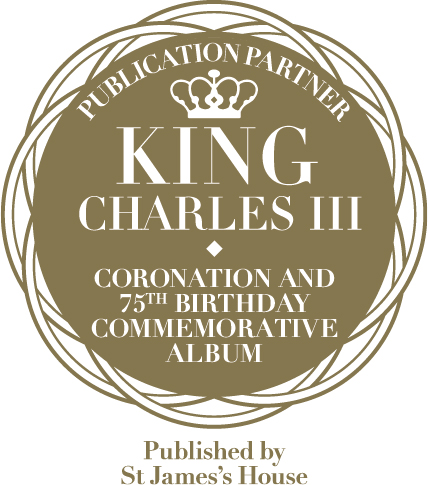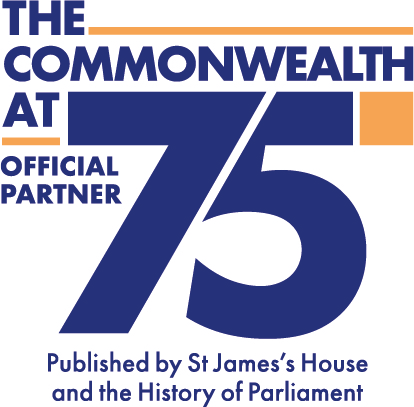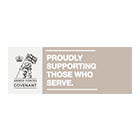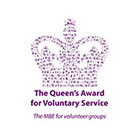What does ‘remembrance’ mean to Leigh’s veterans?
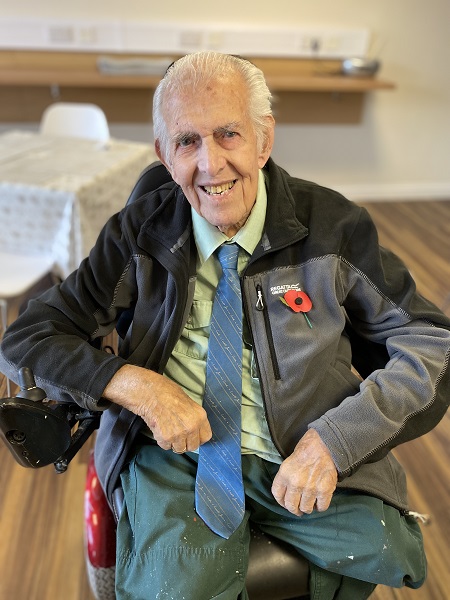
Ahead of Remembrance Sunday 2022, Compassion in Action spoke to two of Wigan Borough’s valued veterans, who attend our weekly brunch, about what ‘remembrance’ means to them.
Robert Smith, Royal Electrical and Mechanical Engineers (REME)
Having been in the Army, I’ve got that personal connection with Remembrance Day. My father was taken prisoner in Belgium in the First World War, and other branches of my family have been in the services. I have a cousin who was in the Navy.
I served in France and Germany from 1958 to 1961.
I will be on parade with the Royal British Legion at the Cenotaph in Tyldesley on Remembrance Sunday.
It’s amazing how many young people donate to the Poppy Appeal these days.
It’s important that we remember what people sacrificed. If we let that die away, then what kind of nation are we?
Ken Preter, Royal Marines
I always go to the Cenotaph on Remembrance Sunday. I came home from the war. Thousands didn’t. In that respect, I consider myself lucky. All of us should remember them.
When my cousin and I went to enlist in August 1942, war felt like an adventure. We were more bothered about which of the services had the best uniform!
My first posting was with the Royal Marines to Iceland. None of us were told why we were there – and it was only in recent years that I found out that the mission was classified. At the time, there was a floating dock, and I thought we must be there to protect it. Convoys from America to Russia passed through, with damaged ships coming in for repairs.
In June 1944, I was one of hundreds of troops that amassed at Falmouth Dock – waiting to board a landing craft bound for France on D-Day. It was totally quiet except for a sergeant shouting in the distance. ‘If I step off this dock, I might never come back’, I realised. I don’t mind admitting I was scared, but me and my mates were all in the same boat; then, the cry went up: “Royal Marines, fall out!” I had been stopped from crossing at the last moment and diverted back to Wales.
I moved on to Australia with the British Pacific Fleet – training in the bush to land on Japan. It was drilled into us that very few would likely survive… either we’d be shot or bayoneted the second we stepped off the boat. All this was going through my head the night we were due to go. We waited for two hours on the deck in the early hours of the morning; then, another stroke of luck! The landing was called off. I assumed the waters must have been too rough. Others had gone before us, and they hadn’t been able to get out of the landing craft. Being unable to swim in their heavy gear, they’d gone down with it and drowned.
Around that time, we slept on the deck as it was too hot inside the ship; then, one night, all the sirens went off. I thought: ‘We’ve been hit!’ but then the announcement was made… Imperial Japan had surrendered. The war in Japan was over!
After Australia, we went to Hong Kong on a midget submarine – arriving during August 1945. My duties there included taking Prisoners of War down to the docks. I heard lots of stories about the cruelty of the Japanese – including one about a group of nurses who had been made to swim from the shore and then shot at in the water.
I left the Royal Marines in Easter 1946 and, a year later, I started having trouble with my leg. At first I thought it was gout, but I saw a surgeon who said I had a blocked artery. Our unit had been training as commandos – earning thruppence a day – and something had happened along the way to cause the blockage. I ended up having my leg taken off.
My wartime experiences have continued to impact on my health. Around two years ago, I had a cancerous skin growth removed from my ear, which the doctor said was likely to have been caused from my times in the tropics during the war. I still have check-ups every three months.
A few years back, I lost my other leg in an accident. It was 15 December and I was out delivering Christmas cards to my neighbours. I slipped out of my wheelchair but, somehow, my hand stayed on the steering controls – causing the chair to drive over my good leg, which had to be amputated.
All things considered, I am a lucky man. I am 99 years old, and I can still reckon up! My memory’s pretty good, and I like looking after my garden. Others are worse off than me. I donate to the blind servicemen’s charity. I know what some of their challenges are because my dad was blind. He was wounded twice in the First World War – serving in Belgium.
With the help of Compassion in Action and Keith Stott of The Royal British Legion, I finally got my medals presented to me after 71 years. We were told we would have to apply for our medals ourselves at the end of the war, which caused uproar among the lads. At the time I told them: “Keep them! I feel lucky to be here!”
Now, I am proud to wear my medals at the Cenotaph.



